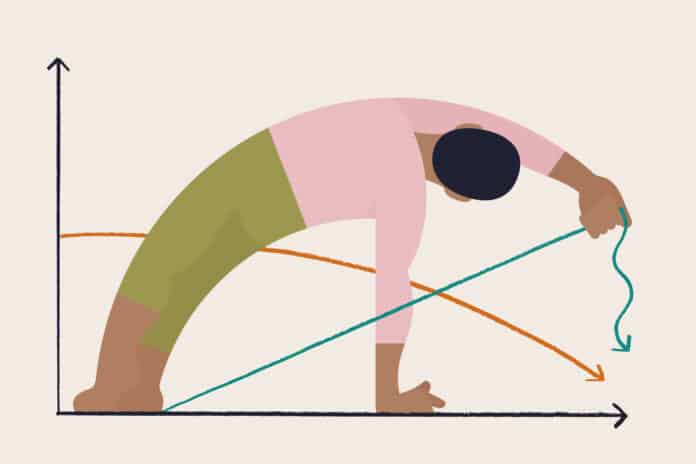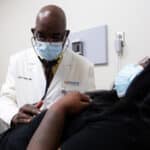Americans, on average, can expect to live to about age 76. But their health will start to decline much earlier than that, around age 64.
Some longevity influencers have gained notoriety by focusing on that first number, claiming that they can radically extend human life with experimental drugs or laborious diet, exercise and supplement protocols. But most experts who study aging are trying to target the second variable: not our life spans, but our “health spans” — the number of years a person lives without serious disease, particularly those related to aging.
Even if a “very vocal fringe” part of the anti-aging community talks about living to 140, said Dr. Eric Verdin, the president and chief executive officer of the Buck Institute for Research on Aging, “most serious people in the field do not.” A more realistic goal is “that most people could live to 90, 95 in good health,” he added.
Increasing health span is also more in line with what many people want. “I can tell you that older people are not afraid of dying,” said Dr. Luigi Ferrucci, a geriatrician and the scientific director at the National Institute on Aging. “What they are concerned about is that at some point they will become a burden for their family.”
There are currently two main ways experts think we may be able to extend our health spans. The first is by adopting everyday healthy behaviors we already know we should be engaging in: exercising regularly, eating nutritious food, getting good sleep and investing in our social bonds. The second is using more experimental approaches that target cellular processes involved with aging through drugs, genetic manipulations or extreme diets.
These innovative anti-aging interventions have been shown to lengthen the lives of worms and mice. But it would take decades, and billions of dollars, to determine whether they can help humans live longer, too. So instead, researchers are beginning to test a few of them in people to see if they can prolong health spans. The hope is that the drugs and other interventions will slow down how fast someone is aging, which in turn could delay the onset of disease.
If successful, researchers’ ultimate goal is that they may be able to postpone or even prevent virtually all age-related chronic illnesses — including certain cancers, diabetes, heart disease, stroke and dementia.
“By targeting aging pathways, you slow down the aging process,” Dr. Verdin said. “Hopefully, maybe people will live longer, but most importantly, they live healthier.”
This is different from the traditional approach in medicine of trying to address each disease on its own, Dr. Ferrucci said. Rather than taking a piecemeal strategy, scientists want to stop many age-related diseases in one fell swoop.
Health span and life span are intrinsically linked, so if people live healthier for longer, they are also likely to live longer, period. Studies of centenarians have found that 42 percent did not experience an age-related chronic disease before the age of 80. In Japan and Singapore, the two countries with the highest life expectancies (on average about 84), people’s health starts to decline around age 73.
It will take years before the research can tell us whether it’s possible to reliably and safely slow down the aging process using experimental approaches. But we can all start adopting some of the lifestyle changes to try to extend our own personal health spans now.
Of course, no matter how hard we try, most of us will still fall ill at some point in our lives, whether because of genes or just bad luck. And people with chronic diseases “can have extremely meaningful lives even as maybe their physical capacity declines,” said Dr. Deborah Kado, a professor of medicine at Stanford University and a director of the Stanford Center on Longevity.
Perhaps even more vital than the number of years a person lives, in sickness or in health, is their attitude and the way they spend the time they do have. “How you decide to live, whatever your time horizon, is extremely important,” Dr. Kado said. “None of us have that much control, and so it’s really how do we address the challenges as they come at us.”
“That’s what I think a really successful life led hinges upon,” she added.
c.2024 The New York Times Company. This article originally appeared in The New York Times.







